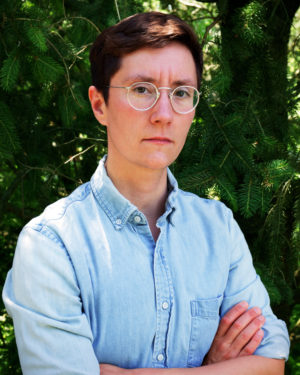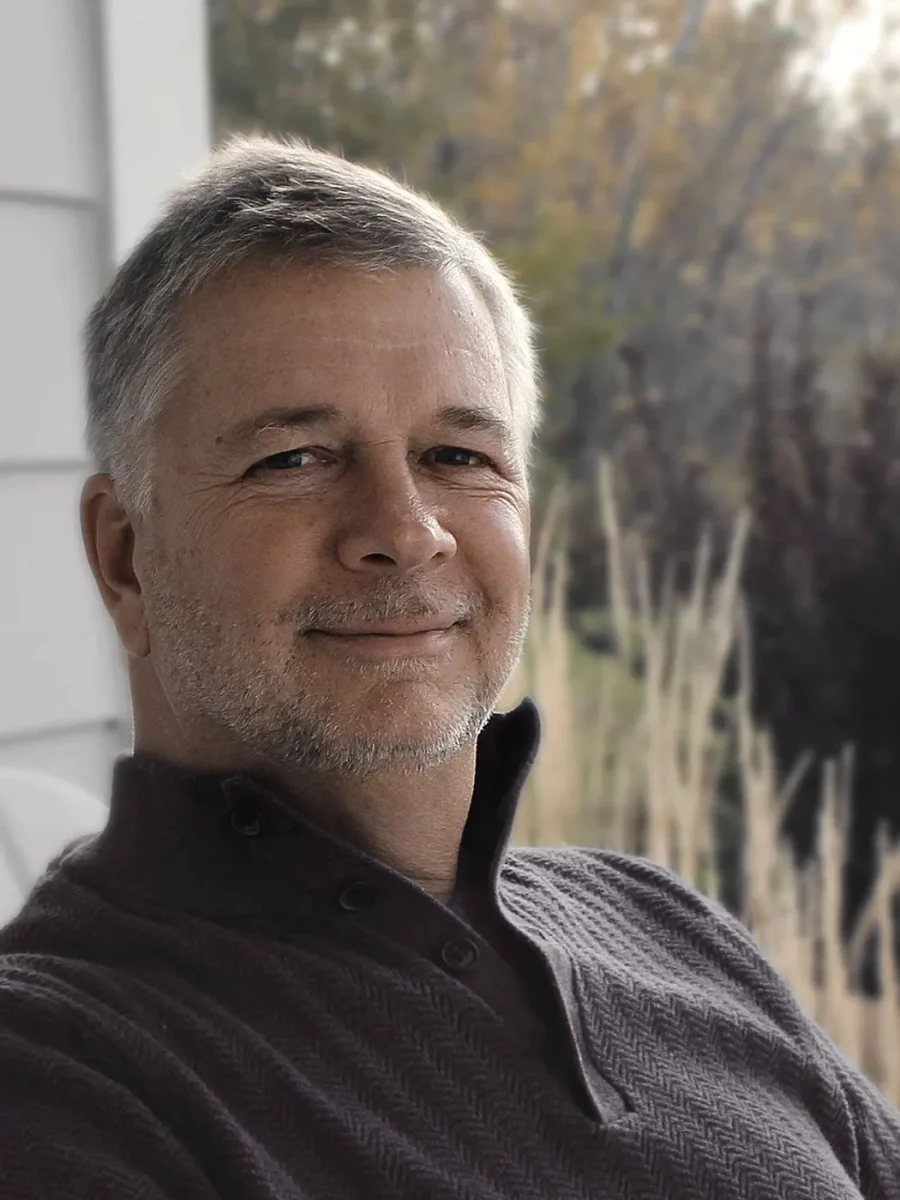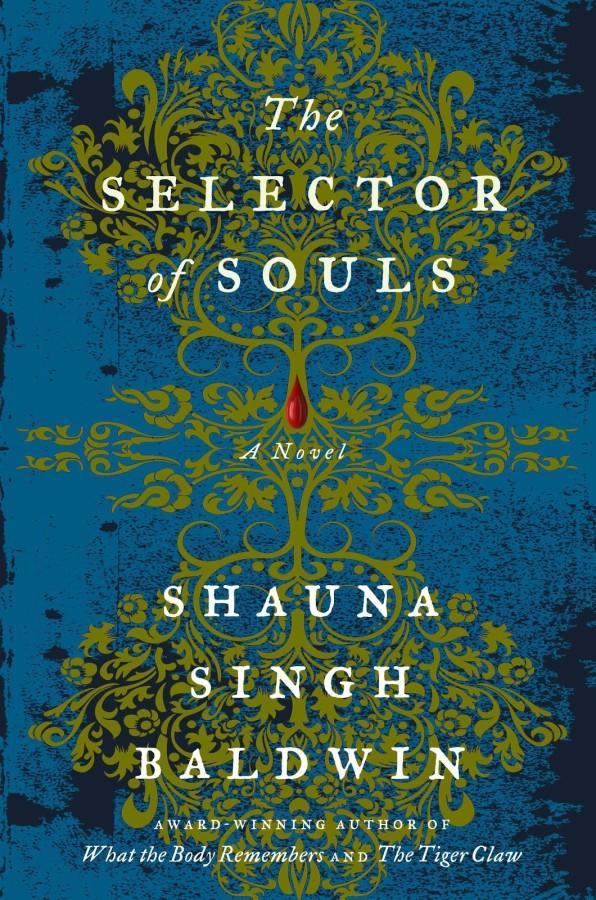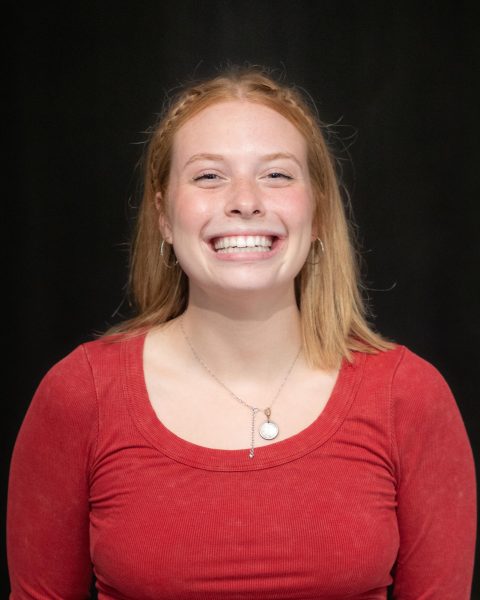
Ben Pladek, an associate professor of English, explores his passion for writing both in and out of the classroom. Pladek started writing and publishing short fiction in 2016 and is now preparing to publish his novel DRY LAND in the fall 2023.
DRY LAND is set in Wisconsin in 1917 and features a young conservationist, Rand Brandt, who discovers a magical ability that he possesses. Brandt is able to make plants grow from nothing, but everything he grows dies immediately.
Brandt, who is terrified by his abilities, is drafted into the war to grow timber. Struggling with hiding his devastating powers, as well as concealing his romantic relationship with a man named Gabriel, Brandt is confronted with the possibility that he may never learn how to master his powers in nature.
Pladek said that through the process of creating, editing and preparing DRY LAND for publishing, he has learned a lot about what it actually takes to make a novel successful. He attributes a lot of his progress to the people who have supported him during the process.
“DRY LAND only exists because I was supported at every step by different groups of people: the close friends in my writing group who critiqued my first drafts, my colleagues in the English department who encouraged me to write it, the lovely professionals at the University of Wisconsin Press, and the various library systems that supported the research that went into the novel,” Pladek said.
Even though he developed the idea and wrote the novel on his own, Pladek said that people don’t realize how much publishing a book involves collaboration.
“Writing can sometimes feel like something you do alone, and there’s a necessary core of solitude in every writing project — but so much of it is communal, too,” Pladek said.
For Pladek, writing is just another form of art that he uses to express himself. Even though books are filled with words, he said that writing is a way to try and gesture at things words can’t always express. He has noticed the impact that other books make on him and hopes that he can have that same influence someday in his career.
“All the novels I love best leave me with a feeling I couldn’t exhaust in words unless I had an endless span of time or a really apt metaphor — for example, reading James Baldwin’s Another Country was like walking through a sheet of lightning. It nearly gave me a panic attack, in a good way,” Pladek said. “I don’t think I’m able to write anything that can have that sort of effect on another person yet. I hope to someday.”
As a professor, Pladek said that he looks to inspire students to explore their own writing talents.
“I hope that my experiences will make me a better mentor and supporter of students who are pursuing their own creative work. It’s humbling to teach creative writing, because sooner or later — usually sooner! — you come across students who are doing brilliant, extraordinary things you never could do yourself, and it’s your job to guide them to be the best version of the writer they want to be,” Pladek said.
In terms of advice, Pladek said that anyone has the ability to write and write well. The thing that holds a lot of people back from writing is simply just getting started, which is something Pladek has learned as a professor, and he encourages people to just go for it.
Sam Speca, a senior in the College of Arts & Sciences, is currently enrolled in Pladek’s creative writing class. Speca said that Pladek has taught him that the art of storytelling is accessible to everyone.
“Professor Pladek has shown me that crafting a story is not only extremely rewarding but something that anyone can do. I never had the confidence or the know-how to create a story from nothing but things floating around in my head,” Speca said. “However, not even one full semester in Professor P’s class, and I’m writing stories about space captains and desolate societies that are subservient to robots.”
Pladek also said that the best writing comes when you write about something you are truly passionate about. For Pladek writing is not an easy process, but due to his persistence, he said not much stands in the way of him spreading his words to the world.
“Write what you love, and try to remind yourself of that periodically when things get hard because they will,” Pladek said. “Every writer goes through dry spells, writer’s block, frustrations, hating what they produce. It’s normal. The key thing is to not let yourself forget why you’re writing in the first place.”
This story was written by Phoebe Goebel. She can be reached at phoebe.goebel@marquette.edu.







